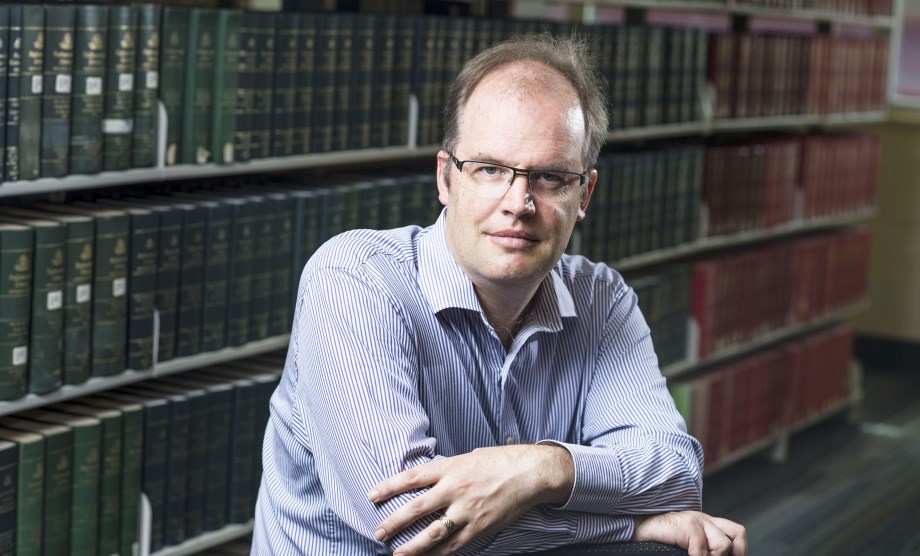
The bipartisan approach of the Federal Parliament to addressing disability discrimination under Australian copyright laws, is welcomed by QUT Professor of Intellectual Property and Innovation Law Matthew Rimmer.
“The new flexible copyright exceptions will help address the book famine for people with disabilities,” Professor Rimmer said.
“Visually impaired people will now have access to books and other published works that have been modified to enable them to read these works in accessible formats.
“It is a welcome achievement that the Australian Government is showing leadership in implementing the World Intellectual Property Organisation’s Marrakesh Treaty on Copyright Law and Disability Rights.
“Such reforms have long been called for by human rights leaders such as Graeme Innes, Maryanne Diamond, and Ron McCallum. The legislation will be a boon for education, innovation, and access to knowledge.”
The Australian Parliament is currently debating the Copyright Amendment (Disability Access and Other Measures) Bill 2017. The House of Representatives has considered the Bill and the Senate is next in line to debate the legislation.

Professor Rimmer also welcomed reforms on copyright term and unpublished works.
“Australia’s laws were an anomaly. Unpublished copyright works received perpetual protection – as long as they were not published.
“This led librarians to protest with the Cooking for Copyright day of action when they baked goods from unpublished recipes to illustrate the problem of this default copyright position.
“Setting finite terms for copyright in unpublished works is a sensible move by the Australian Government and keeps Australia in line with other comparable jurisdictions like Canada, the United States, and England.
“Libraries, galleries, museums, and archives have certainly welcomed the proposed law reform.”
Professor Rimmer said the excision of measures over safe harbours in the Copyright Reform Bill was controversial with big IT companies such as Google pushing for a broader definition of safe harbours under Australian copyright laws while traditional copyright industries, such as News Limited, opposed any changes.
“Provisions relating to safe harbour were removed from the Bill before its introduction to enable the Government to further consider feedback on this proposal while not delaying the passage of other important reforms,” he said.
“The Labor MP Ed Husic is concerned that Australian innovators and technology developers like Redbubble would be exposed to the risk and uncertainty about copyright litigation.
“Australia has been debating the scope of safe harbours in the digital age for two decades. It would be helpful to achieve clarity in respect of Australia’s laws – especially given the sweeping technological changes in search engines, social media, mobile apps, and cloud computing.
“There remains unfinished business in Australian copyright law reform. A large number of substantive recommendations of the Australian Law Reform Commission, the Harper Review on Competition Policy, and the Productivity Commission in respect of copyright law still await deliberation, consideration, and implementation.”
Media contact: Niki Widdowson, QUT Media, 07 3138 2999 or n.widdowson@qut.edu.au.
After hours: Rose Trapnell, 0407 585 901 or media@qut.edu.au.




